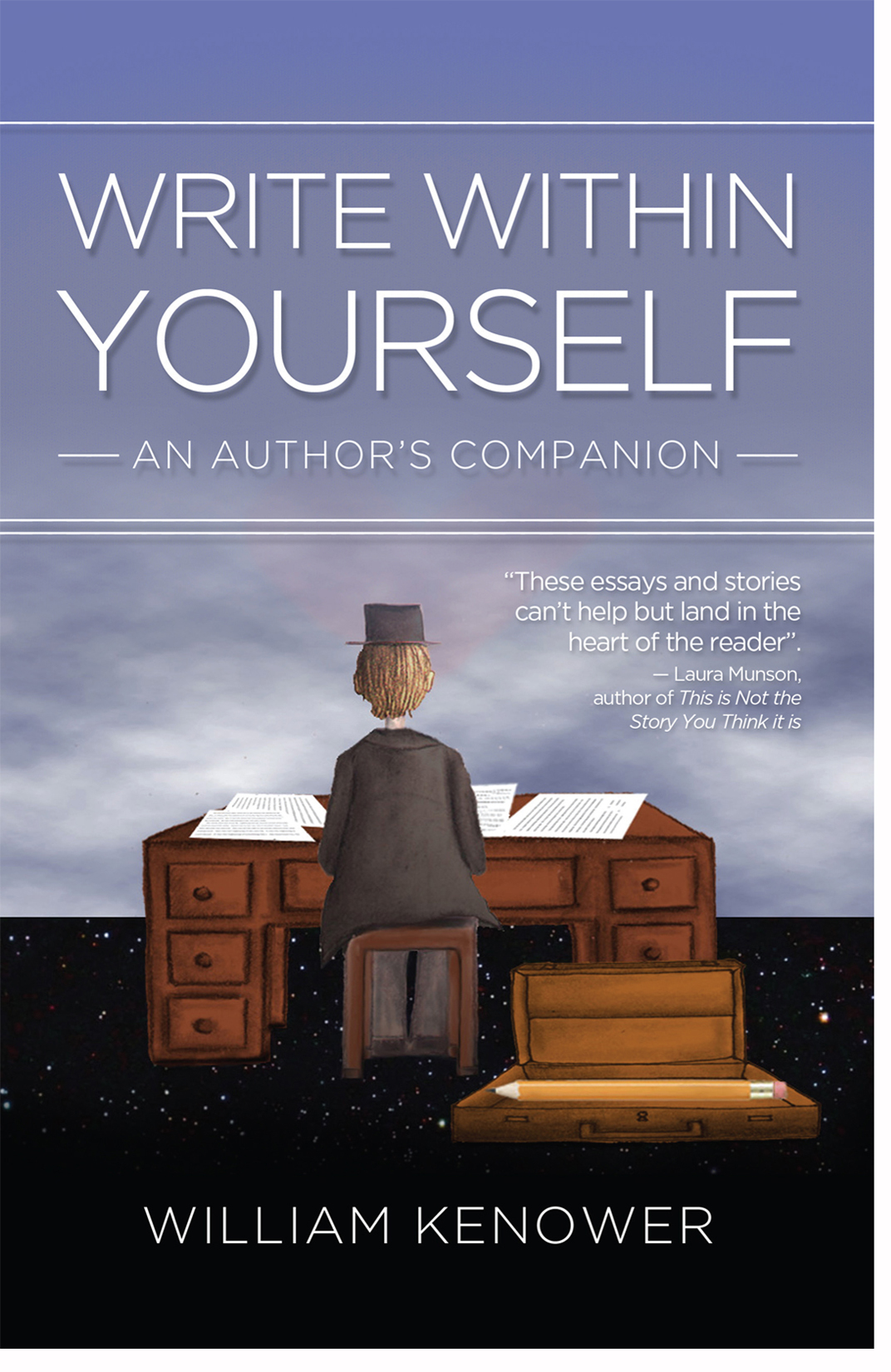Why Not To Judge Your Writing
It’s that time of year when I’ll begin judging submissions for the Pacific Northwest Writer’s Association’s yearly writing contest. I’m happy to lend a hand because I know the contest often serves as a valuable career steppingstone for the winners, and that all the writers value the feedback they receive on their submissions. However, the nature of contests is such that I am required to assign numerical scores to every story I read. This is always the most difficult part of my assignment. I am a writer myself before I am a judge, and the writer in me must close his eyes when the judge ranks one story as quantifiably better than the other. The worst thing I can do as a writer is to believe in good writing and bad writing. Actually, the worst thing I can do as a writer is to believe in good and bad period. The concept of good and bad, of right and wrong, is anathema to creativity. Once I have entered the creative flow of the story I want to tell, my only concern is what belongs in that story and what does not. This requires selectivity. That is, I must select one word or sentence or character over another. Yet this does not mean that one word is actually better than another word, just as a shovel is not better than a hammer unless I want to dig a hole.
No one is capable of making these choices, these selections, but me, for I am the only who knows the story I want to tell. For this reason, I must forget about the idea of good and bad while in that creative flow. I must forget about the idea that any thought, any story, any person is better than another person. I must see the world as neutrally as the eighty-eight keys on the piano – each one necessarily different from the other, but each equally valuable, useful, and deliciously responsive to the artist’s choice as any other.
I understand this neutrality, this absolute equality, largely contradicts my experience away from the desk. I inadvertently judge things as good or bad as I go about my day. But this is only because the creative selection process does not end when I stop writing. The difference is that instead of looking at a blank page, I am looking at the world of other people and the things they say and do and write. I cannot help but notice things that I enjoy and things I do not. I cannot help but want to read one book over another or to notice that I prefer peace to violence and agreement to argument.
But that does not mean I must judge these things. To judge is to determine that something that does exist should not exist. If this is true of something I see, then why should this not be true of me? I exist, after all, how do I know if I am good or bad? When I write, I cannot fear writing something that is bad, that should not exist. There is no right answer to the question, “Is this any good?” I can only answer the question, “Is this the story I want to tell?”
Which is why, though I take the job of reading and critiquing the story submissions seriously, I know the numbers I assign say nothing of that story’s actual value. Every story has served that writer equally, whether that writer wins or loses. It has been true of every story I have ever written, whether they were published or not. Every story brought me closer to myself, to the one who knows that only good can come of what sharing what I love with other people.
Write Within Yourself: An Author's Companion.
"A book to keep nearby whenever your writer's spirit needs feeding." Deb Caletti.
You can find Bill at: williamkenower.com


